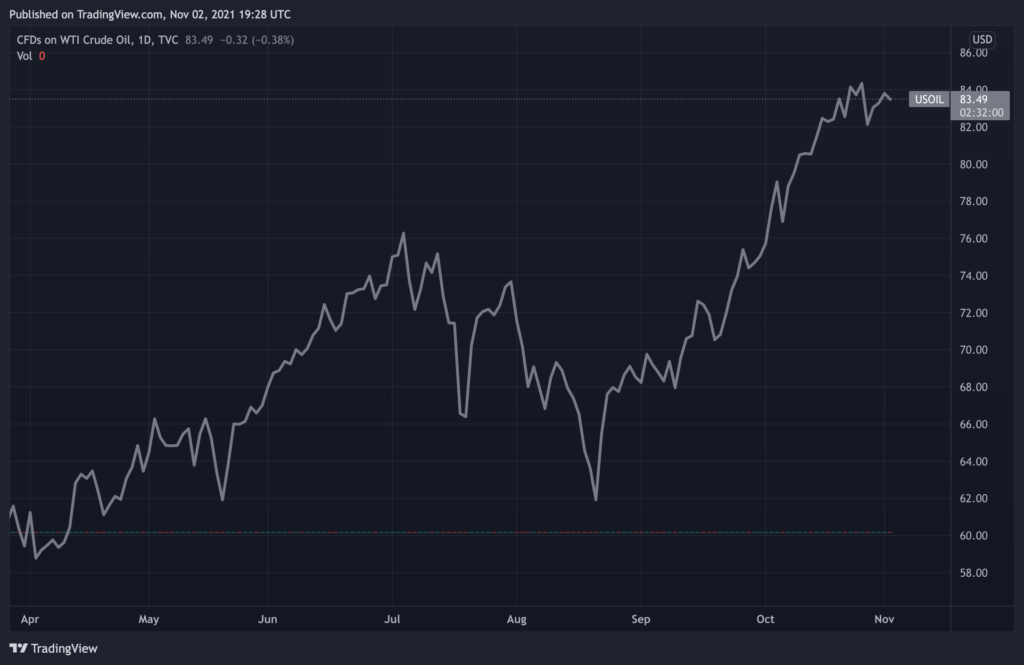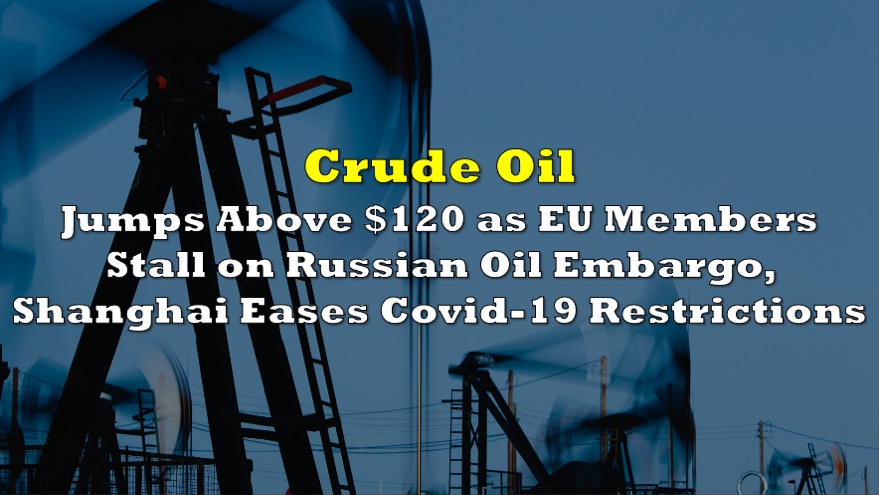OPEC’s output fell short of projections last month, as a number of the cartel’s smaller members suffered outages, further fuelling concerns that price hikes at the pumps are likely to ensue.
According to a recent Reuters survey, OPEC members produced an additional 190,000 barrels per day in October to a total of 27.5 million bpd. However, the output increase fell short of the cartel’s supply deal, which stood at a 254,000 bpd increase last month.
Earlier this year, OPEC and its members agreed to progressively increase crude output by 400,000 bpd per month beginning on August, with OPEC’s 10 member states accounting for 254,000 bpd of the total. The remainder of the scheduled output is to be covered by the cartel’s other non-member allies, such as Russia.
The latest output deficiency were the result of a number of unexpected disruptions, including in the Republic of Congo, Equatorial Guinea and Gabon, where there was a shortfall in production capacity. A significant output decline also occurred in Nigeria, where a pipeline shutdown led to a decline of 70,000 bpd. Similarly, a pipeline leak in Libya also created a significant decrease. Conversely, Saudi Arabia and Iraq— which are OPEC’s biggest producers— increased their production level as planned.
OPEC thus far has remained reluctant to raise crude output in an effort to alleviate a boost in global demand amid the easing of Covid-19 lockdowns. The cartel cited concerns of a potential pandemic resurgence, referring to the height of the crisis in 2020 when oil producers had to eliminate nearly 10 million barrels of oil from the market due to oversupply.
For the time being, though, the lack of a meaningful supply increase has kept oil prices at multi-year highs over the past several months. As a result, some major oil-consuming nations such as the US, Japan, and India, have called on OPEC to release even more crude into the market to help keep consumers’ fuel costs attainable. “The idea that Russia and Saudi Arabia and other major producers are not going to pump more oil so people can have gasoline to get to and from work, for example, is not right,” said US President Joe Biden during the G20 Summit on Sunday.
Still, OPEC members remain reluctant to shift from their previous agreement of a 400,000 bpd output increase, with Kuwait suggesting that oil markets are currently well-balanced as they are. Similarly, Angola’s oil minister, Diamantino Pedro Azevedo, said that the plan “is working well and there is no need to deviate from it.” The oil cartel is scheduled to meet on November 4 to discuss its current crude production policies, but it is unlikely that member states will agree to shift from current goals.

Information for this briefing was found via Reuters. The author has no securities or affiliations related to this organization. Not a recommendation to buy or sell. Always do additional research and consult a professional before purchasing a security. The author holds no licenses.









